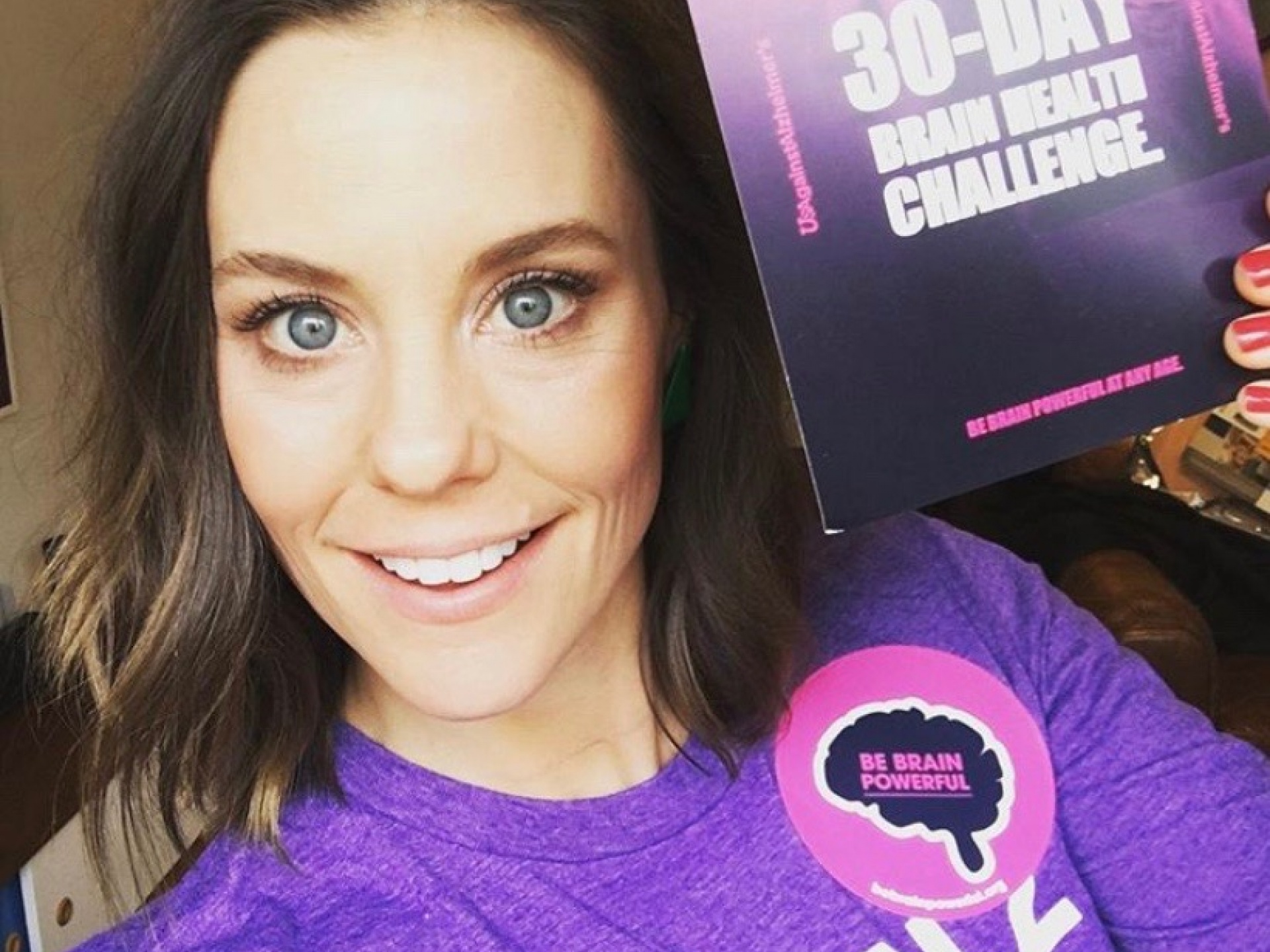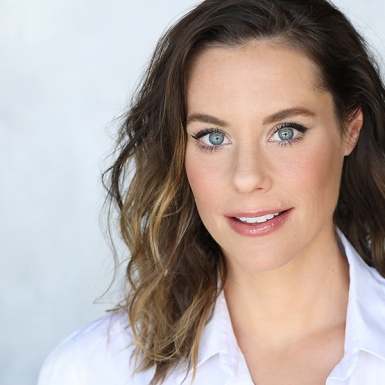A Call to Connect

Sign up and receive information on the latest news and updates.
The calendar in my phone has two alerts that pop up every year on this day. One is “Mother’s Day!” and the second is “Call Mom!” Turns out I’m not the only one. Mother’s Day is the single highest call volume day in the United States, amounting to a 37% spike in phone traffic. Even though my mother passed away two years ago from Alzheimer’s disease, I can’t bear to delete the reminder in my calendar to call her. Seeing it there makes me somehow feel closer to her.
My mom was one of my favorite people to talk to. She was one of the only people in the world that I could brag to. I remember her unsurprised “Well, of course you did!” response to any recent achievement. It was as if she’d known all along what awesome things I’d do in my life — and I was the one that doubted myself. Even over the phone she delighted in me, and I could feel it.
A couple of years before my mom was diagnosed with primary progressive aphasia — a rare form of dementia which, years later, evolved into Alzheimer’s disease — one of the first things we noticed was an increase in my mom’s sensitivity. She was quicker to anger or hurt. On Mother’s Day, my mom didn’t need flowers or chocolate; she wanted to talk to her three kids. My brother and sister and I would send text reminders to each other all day to make sure we all called her, partly out of fear she’d feel rejected. I also remember when I did get ahold of her, she’d need my dad to pick up another phone in the house (the glorious home phone line — I miss it!) and join the conversation.
She struggled to connect thoughts to her words, and relied on my dad to finish sentences for her. My siblings and I thought she was tired. Overworked. We encouraged her to take vacations and deep breaths. But then, finally, on Christmas Eve, 2006, my parents sat the family down and explained that my mom was sick and had five to seven years before needing full-time care.
I wish I knew then what I know now. Thanks to increased research we know more about Alzheimer’s and dementia than ever before. Studies have shown that making key lifestyle changes — such as engaging in regular physical activity, maintaining social interaction, eating a healthy diet, and especially continuing to challenge our brains — can help build cognitive resilience, potentially decreasing the chances of aggressive dementias like my mother had. My mother was diagnosed at 61, but people of all ages can work towards these changes in an effort to strengthen their brain health.
If I could call my mom today for Mother’s Day and she were her funny, encouraging, enthusiastic self again, I’d brag about my amazing boys and maybe cry to her about how tired I am. She’d be proud of me. Then, I’d like to think I’d take a deep breath and bring up her health. I’d ask her if she’s walking regularly or under too much stress. I’d encourage her to sign up for the 30-Day Brain Health Challenge, which provides easy-to-incorporate steps towards making brain health a critical part of overall health. She’d start receiving daily emails with exercises and tips on how to improve her brain health, which may help slow, delay, or even prevent cognitive decline.
I can’t call my mom today. But, when you pick up the phone today to call yours, take a minute to talk to her about making proactive brain health a priority.
A call like that will amount to more in the long run than flowers or chocolate — but you can go ahead and send those straight to me!
Happy Mother’s Day.
